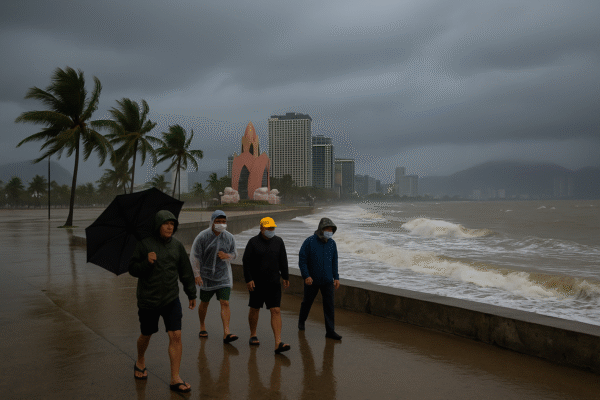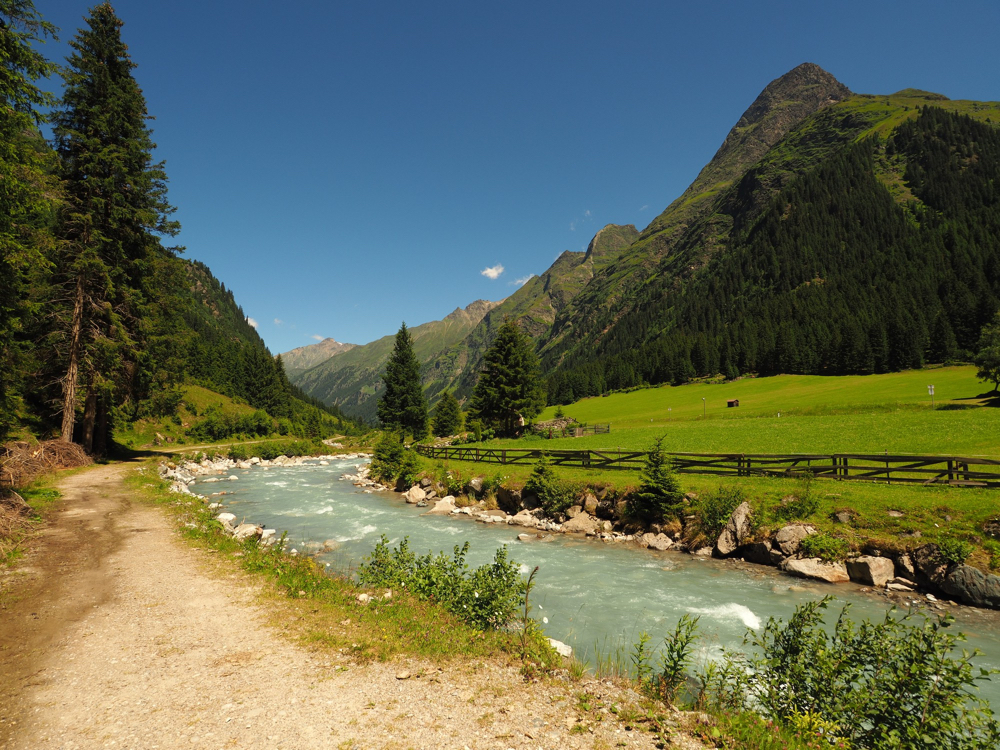Jammu & Kashmir witnessed a remarkable tourism surge in 2024, with 2.35 crore domestic arrivals—a significant jump from 2.06 crore in 2023—and foreign visitor numbers rising to 65,452, up from 55,337 the year before. This revival underlines the region’s growing pull for travelers drawn to its striking beauty and reinvigorated appeal, yet also raises critical questions about infrastructure capacity, environmental pressure, and security management.
Surging Numbers and Regional Context
The growth in tourism positions J&K ahead of many northern Indian destinations such as Punjab, Uttarakhand, and Himachal Pradesh. Neighboring Ladakh, in contrast, saw a drop in domestic arrivals—notably to around 3.36 lakh—though its international visitors continued to inch upwards.
Mid-2025 data underscores sustained interest, with 95.9 lakh domestic tourists visiting between January and June, along with 19,570 international arrivals.
Infrastructure Stress and Overcrowding Risks
Rapidly rising visitor numbers have strained local infrastructure, especially at tourist hotspots like Srinagar, Gulmarg, and Pahalgam. Popular pilgrim routes to Vaishno Devi and Amarnath Yatra also face overwhelming footfall and logistical bottlenecks—issues magnified during peak season.
Infrastructure data supports this trend: Srinagar Airport logged 4.47 million passengers and over 28,000 aircraft movements in April 2024–March 2025, pointing to significant pressure on transport facilities. Similarly, Jammu Airport handled over 1.6 million passengers in the same period.
Security Challenges Amid Popularity
Tourism took a harsh blow in April 2025 with the Pahalgam terror attack, which killed 26 civilians and led to widespread cancellation of visits, temporary closure of key sites, and a halt to bookings. Recovery has been slow, despite efforts by Jammu & Kashmir’s administration—launching thorough security audits and reopening safe zones—amid rising concerns about long-term confidence in the region’s safety.
Sustainable Road Ahead: Government Initiatives
In response to these pressures, the central government has mobilized several programs aimed at fostering sustainable tourism:
- Under Swadesh Darshan 2.0, thematic tourism circuits are being developed across J&K—such as the Basholi heritage circuit—backed with funding totaling ₹2,108.87 crore nationally and ₹648.10 crore under its Challenge-Based Destination sub-scheme.
- Additional schemes like PRASHAD and infrastructure grants through “Assistance to Central Agencies for Tourism Infrastructure Development” are strengthening capacity, offering eco-friendly amenities, digital promotion, and improved visitor management.
These investments underline a shift toward integrating sustainable practices with tourism growth—balancing infrastructure expansion, local livelihoods, and environmental safeguards.
Broader Significance: Economy, Culture, Resilience
Tourism remains a cornerstone of J&K’s economic fabric, contributing anywhere between 7% and 15% of its GDP and supporting vast segments of hospitality, transportation, and craft-based livelihoods.
While violence and political tension pose recurring threats, the resilience witnessed in 2024 highlights the region’s potential—provided its growth is responsibly managed, and safety concerns are clearly addressed.
Snapshot: Jammu & Kashmir Tourism Stats and Challenges 2024–2025
| Metric | Value / Trend |
|---|---|
| Domestic Tourist Arrivals 2024 | 2.35 crore (↑ from 2.06 crore in 2023) |
| International Arrivals 2024 | 65,452 (↑ from 55,337 in 2023) |
| Domestic Tourist Arrivals Jan–Jun 2025 | 95.9 lakh |
| International Arrivals Jan–Jun 2025 | 19,570 |
| Economy Share of Tourism | Approx. 7–15% of GDP |
| Airport Traffic (Srinagar) | 4.47 million passengers in Apr 2024–Mar 2025 |
| Airport Traffic (Jammu) | 1.61 million passengers in Apr 2024–Mar 2025 |
| Key Government Schemes | Swadesh Darshan 2.0, PRASHAD, infrastructure grants |
The Way Forward
Jammu & Kashmir’s enormous tourism surge brings both opportunity and responsibility. With rising arrivals and mounting infrastructure stress, authorities must double down on strategic investments—expanding accessibility, managing ecosystems, promoting responsible travel behaviors, and safeguarding security.
Prioritizing sustainable tourism, backed by central schemes and robust local implementation, will be key to ensuring that J&K continues to enchant visitors—without relinquishing its beauty or burdening its communities.
For more travel news like this, keep reading Global Travel Wire















